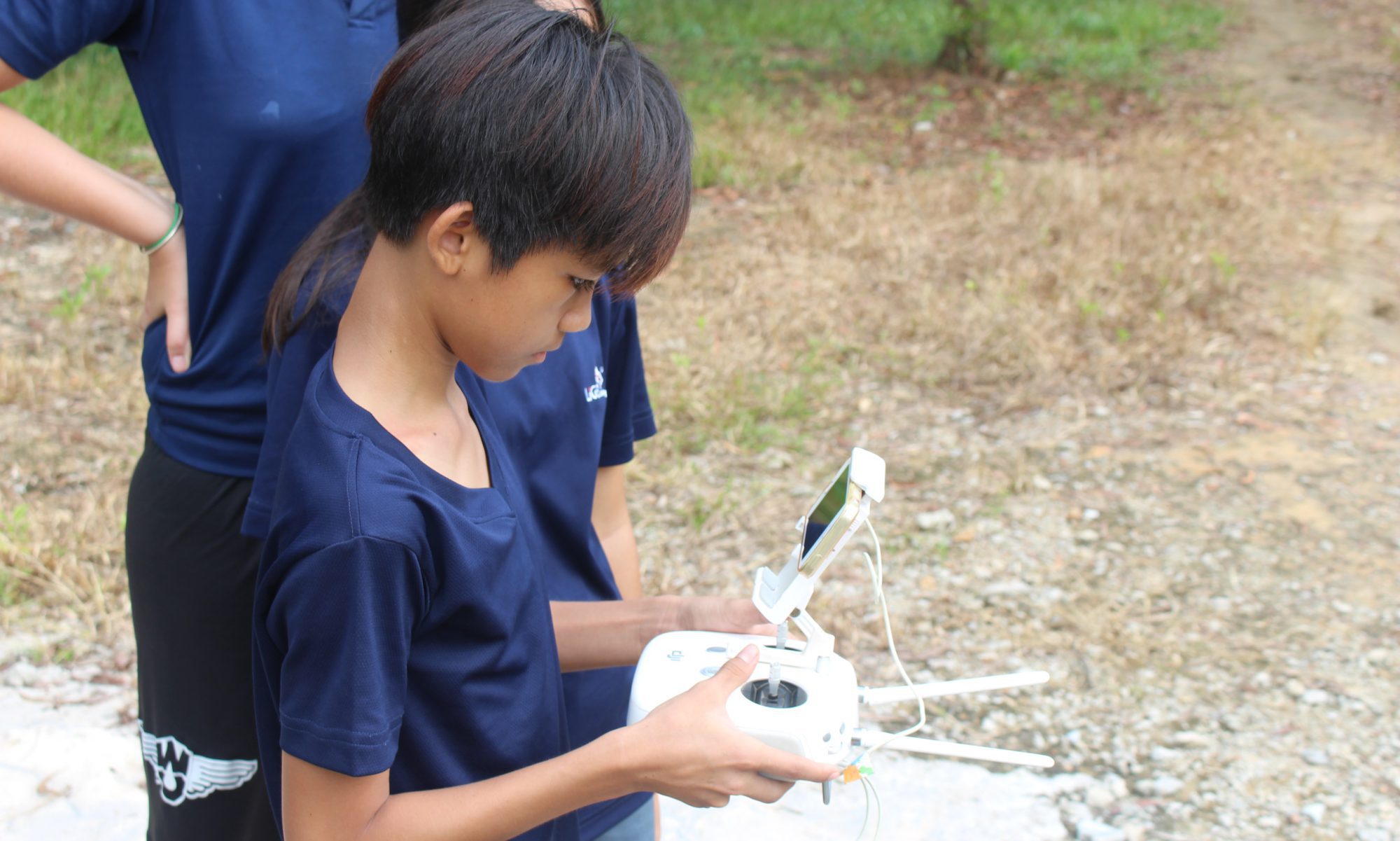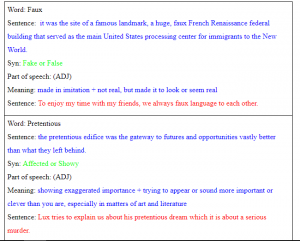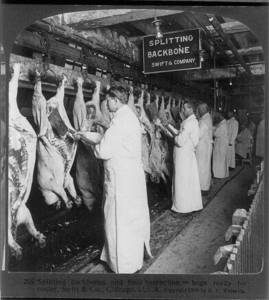Growing up as the oldest child in a family is a hard thing to do. A lot of people think it’s all difficulties and work for the oldest child; in fact, most people believe that they often don’t get what they want, they can’t get away with anything, and they always get in trouble. Although it’s complicated, I still find it unique to be born as the oldest child in the family. My journey being the oldest child was quite different from other children. I did not receive enough love from my parents when I was young, and I was treated differently from my siblings. There was no true definition of happiness for me and nobody knew how I felt to be the oldest.
As the oldest, it was difficult to get my parents to spend time with me. Instead, I would hear things like: “spend your time wisely, I need to feed your younger brothers or I need time with your brothers.” It was tremendously hard for me to cope with the situation because I was not too far ahead of my brothers’ age during that time. I was still a kid who needed time to stay close to my parents. My youngest brother is six years younger than I am, and my other younger brother is only three years apart from me…that did not make my parents wanted to spend much time with me. I had a lot of moments with my parents when I was younger, and they were remarkable times. But one thing that separated us apart was when I began elementary school. The transience of my happiness began to fade away.
Things got worse. I needed to wake up early every single morning to get myself ready for school, and came back home every late afternoon. The only time I met my parents was night time, but still, we did not talk to each other much. I felt parentless as a young child. I was not able to express my feelings toward them because I was not confident enough to spit it out. I would spend time with my brothers whenever I felt lonely because they were super adorable when they were young, and I loved to tease them so much. However, there were moments when I made my youngest brother cry, and they stared directly at me with their aggressive and angry expressions on their faces. It hurt me even more and it made my relationship with my parents became more fragile.
Even though I was raised differently from my younger brothers, I’m so privileged to be born as the oldest child in my family. Being the oldest is hard but throughout this unique experience, it silently taught and trained me to live independently. I was brave enough to ask my parents about my childhood, and I was surprised by their answers. My parents planned and raised me intentionally differently from my brothers because they wanted to teach me self-sufficient-life-lesson. I was always thinking negatively towards my parents as I grew older. However, by knowing the truth about the way my parents treated me, I couldn’t love them more!
Most importantly, it felt hopeless to be the oldest sibling because I was frequently given the most responsibility. At the same time, it felt great to be the oldest because I got to set many rules for my brothers, and they have to listen to me because if not they will get in trouble with my parents. In addition, I love to be the oldest sibling in the family for all these reasons but the best reason is to see my parents love me and my brothers equally.





